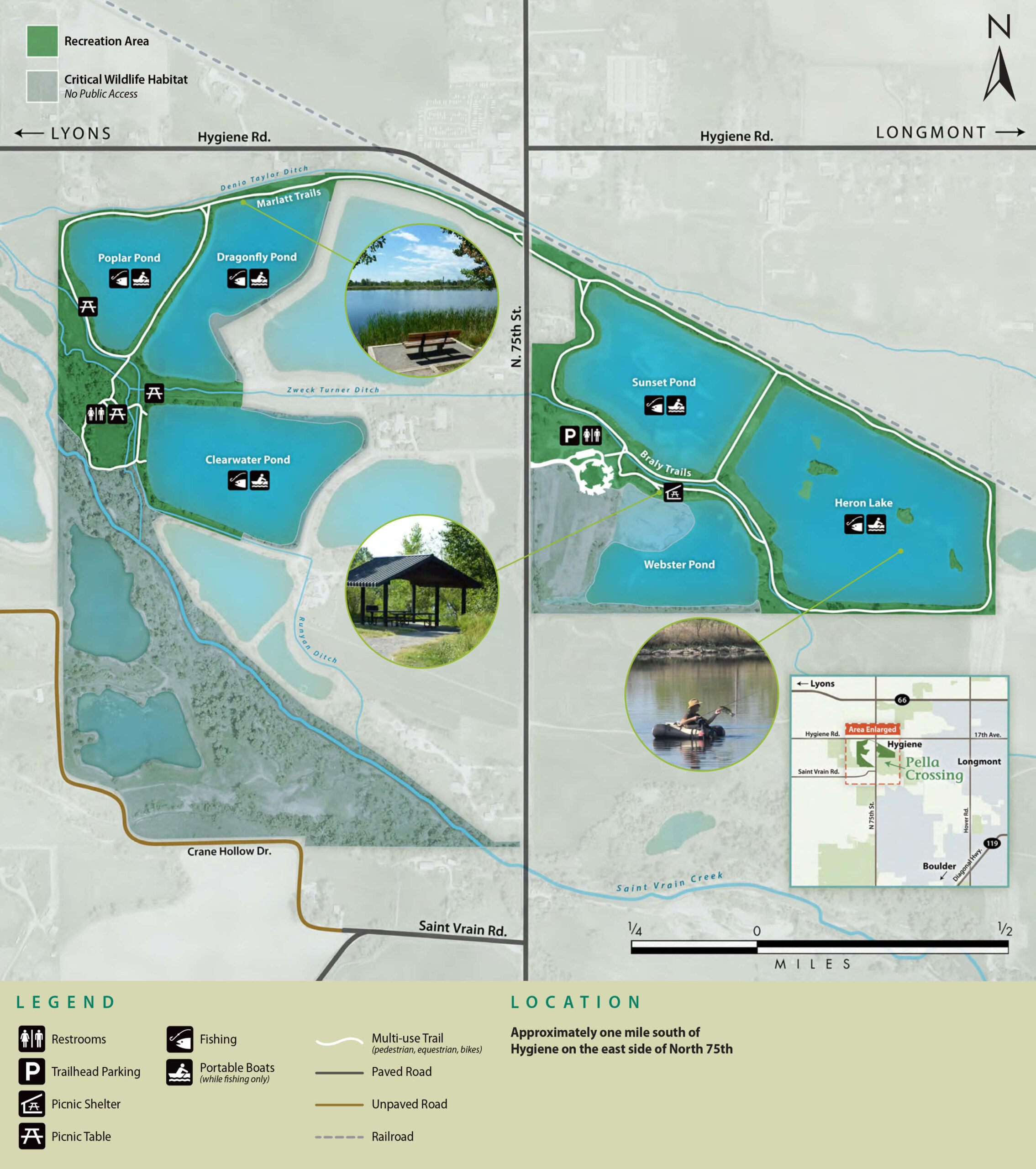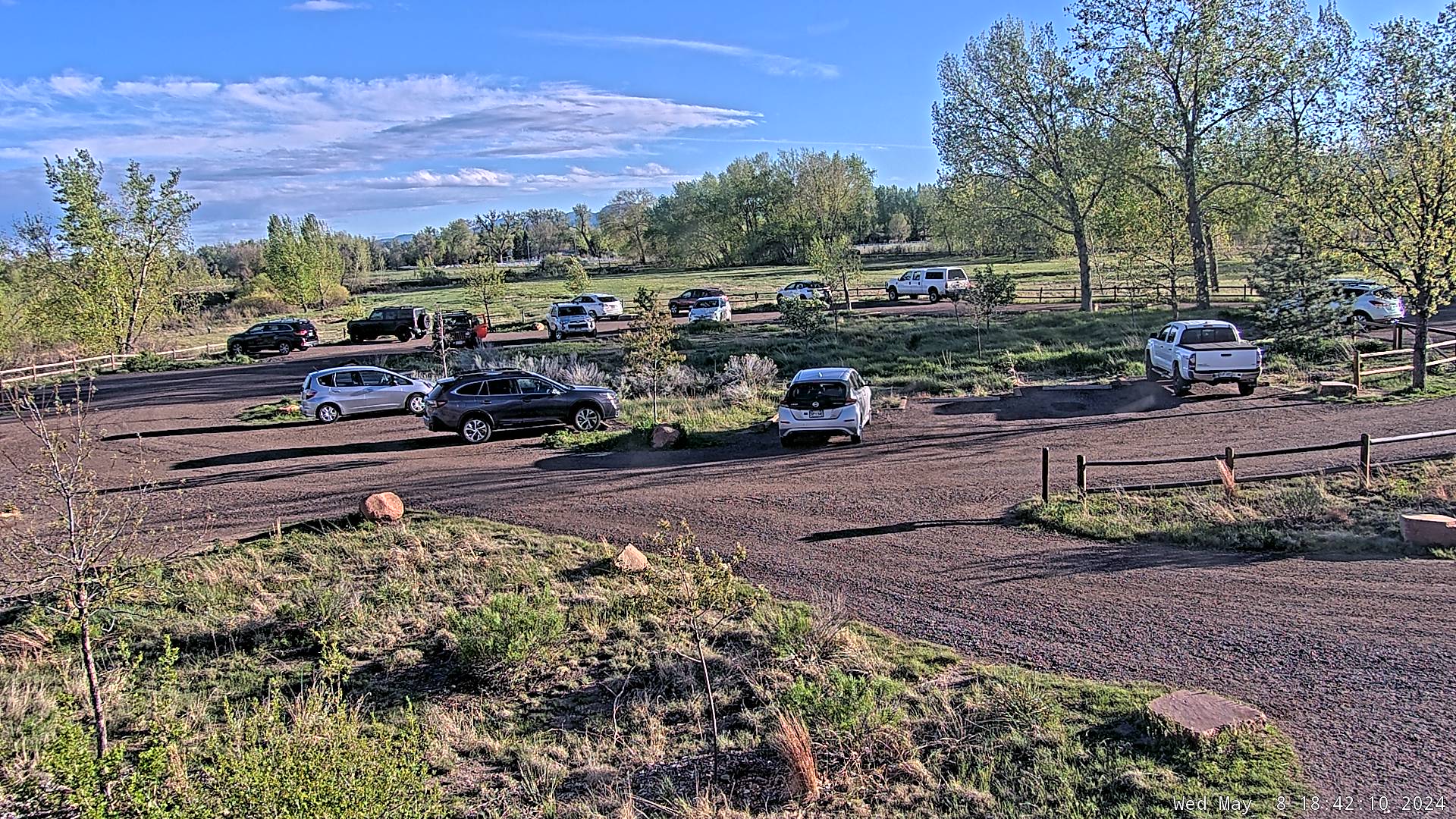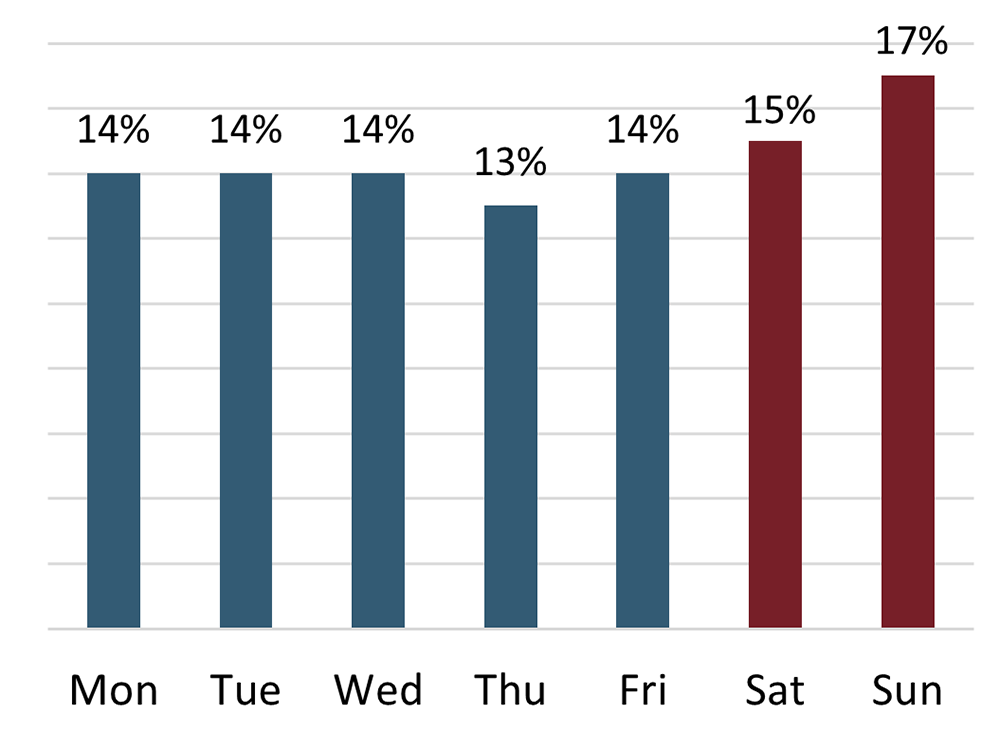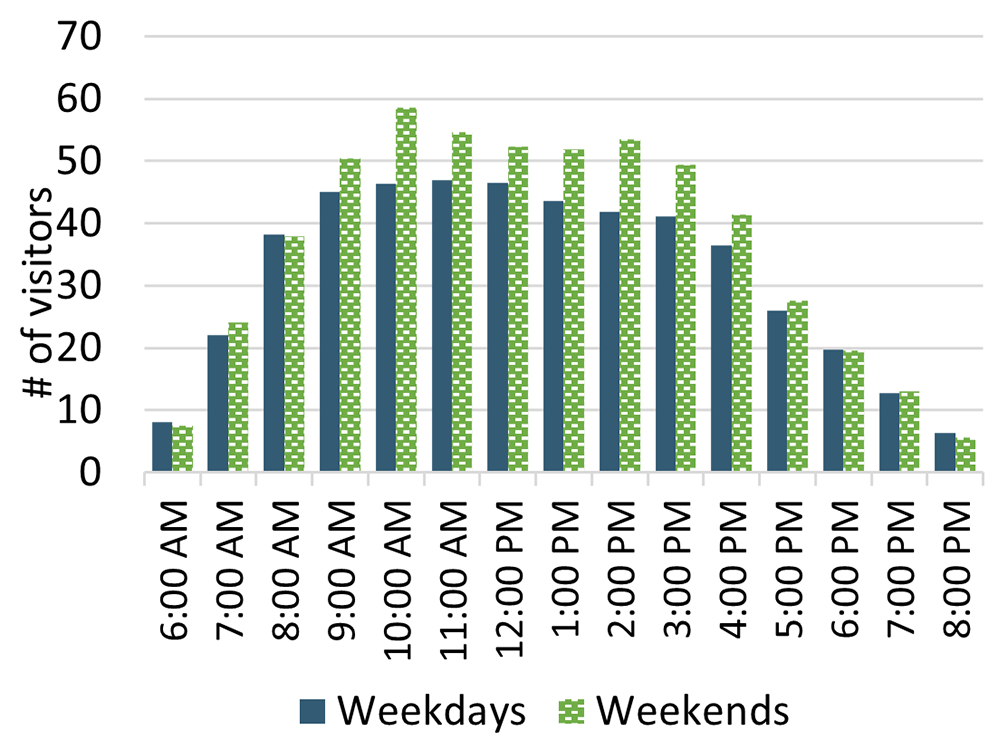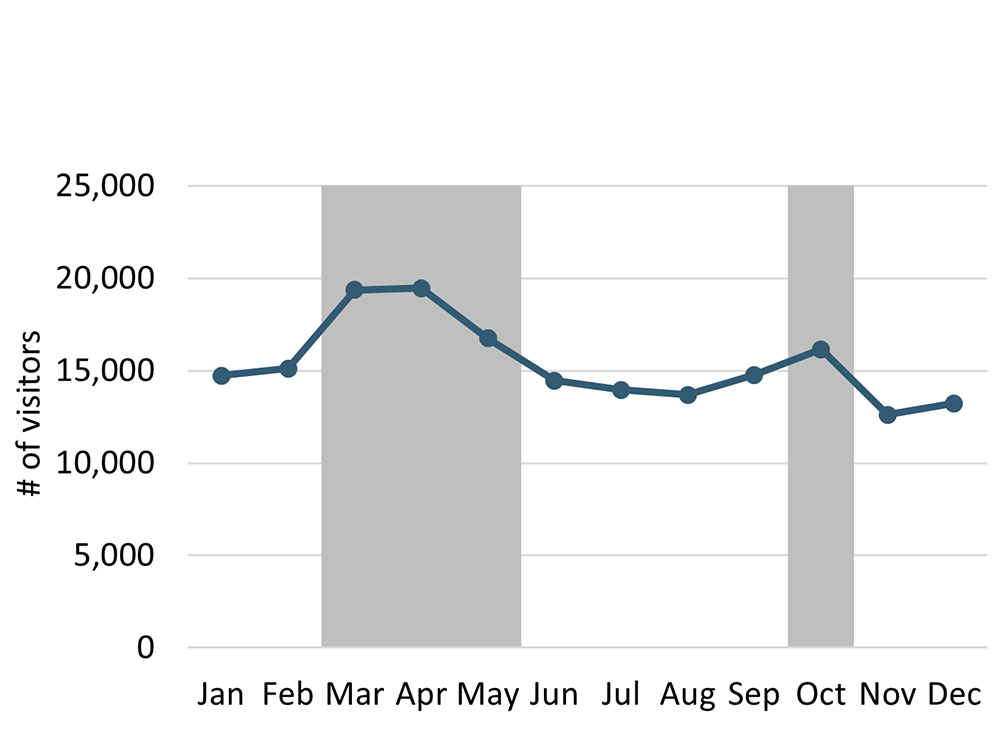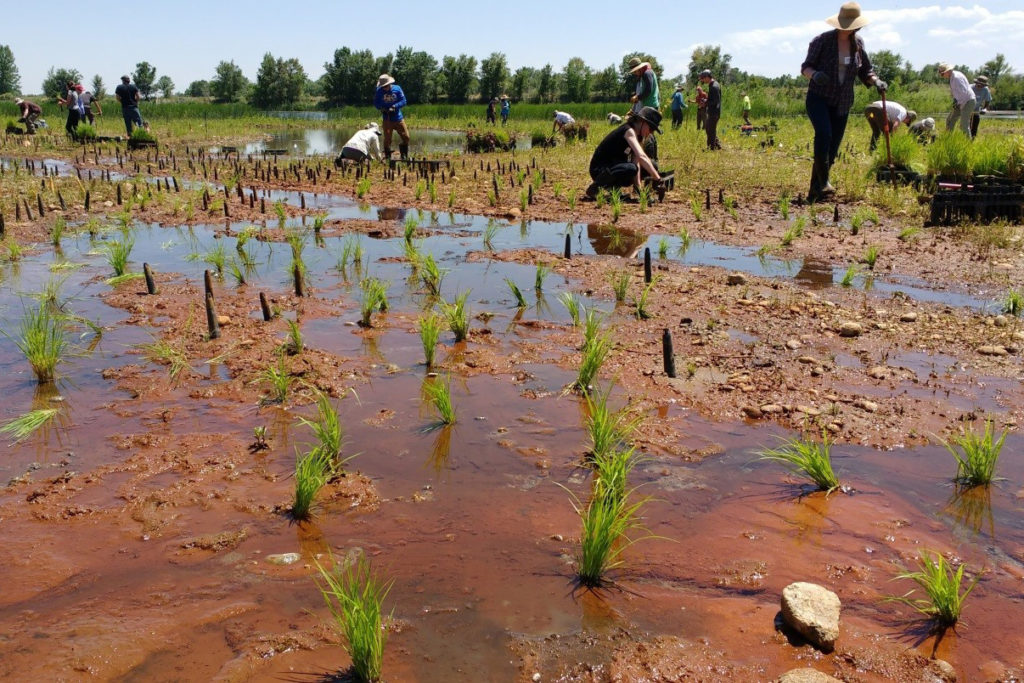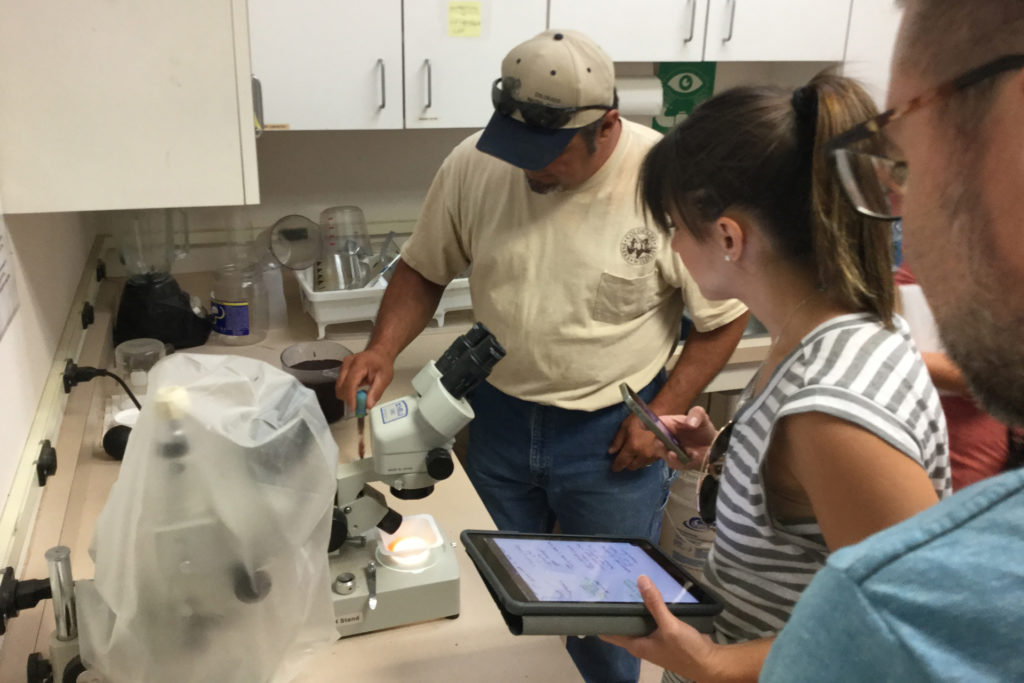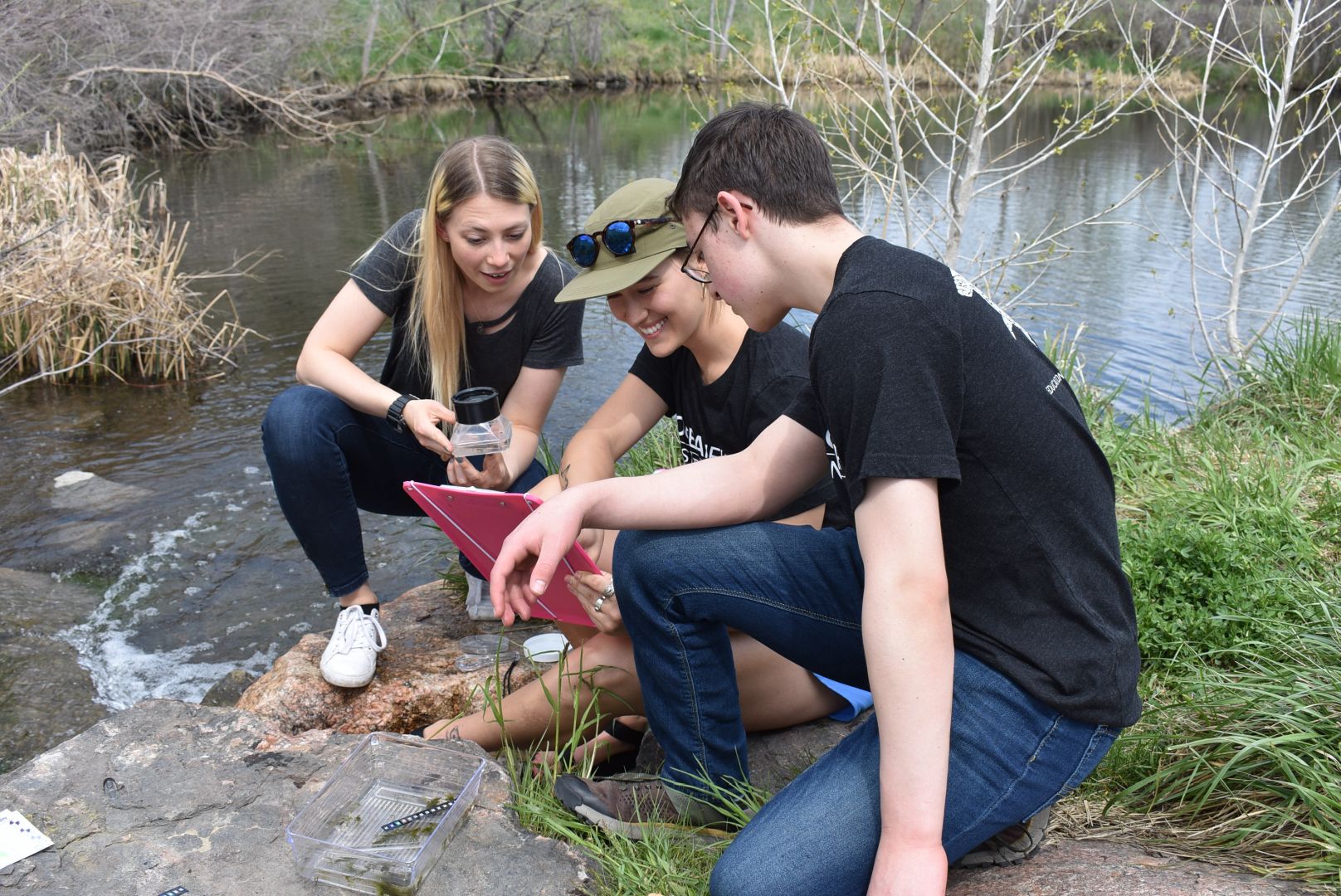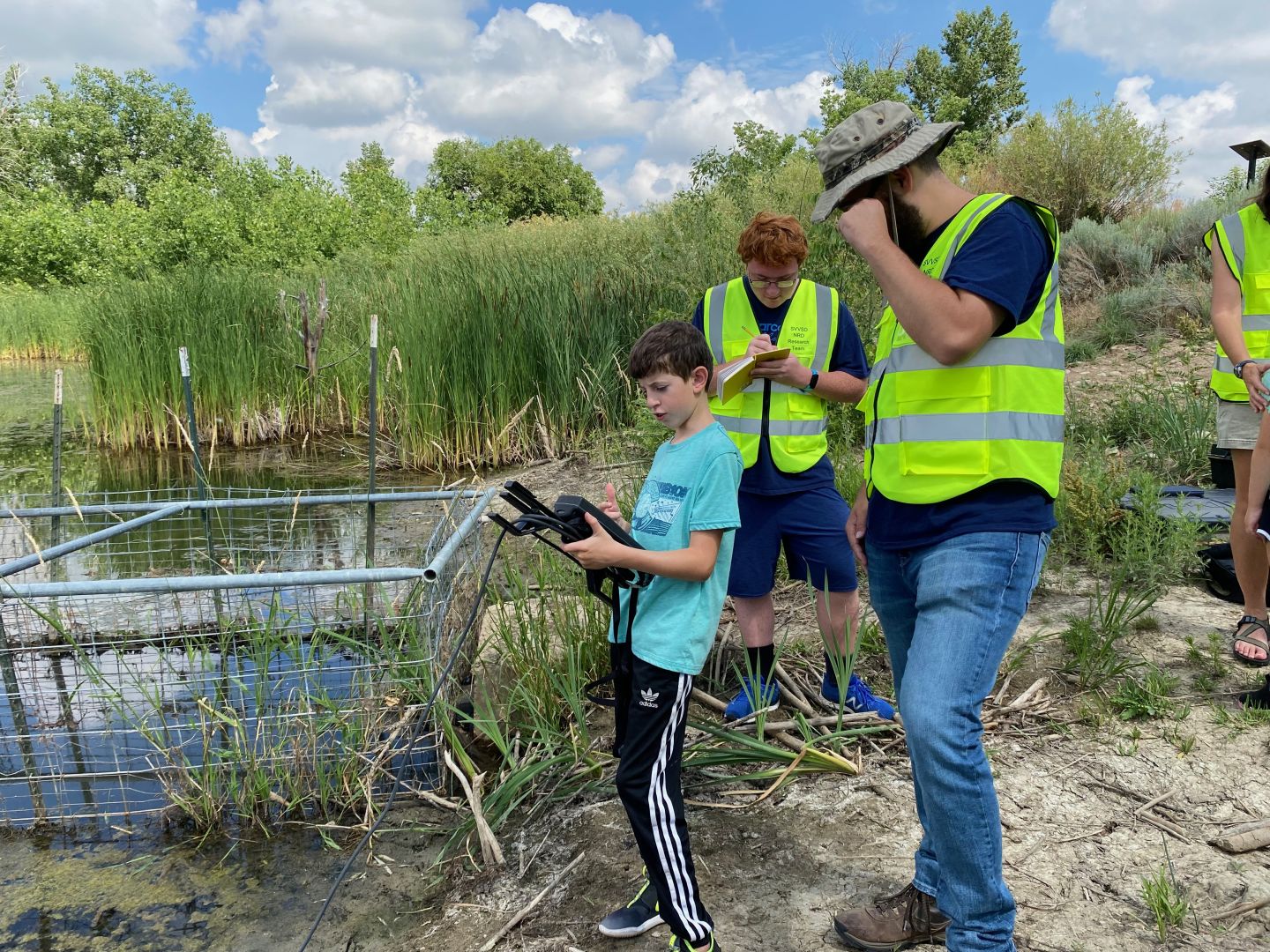Enjoy the peaceful waters of Pella Crossing where you can escape the urban pace.
Pella Crossing
Trails
-
Braly Trails
1.8 miles – Easy




-
Marlatt Trails
1.1 miles – Easy




Rules & Regulations

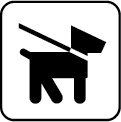

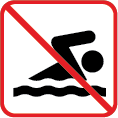


Keep in Mind
- Some areas are closed to the public as wildlife refuges.
- Swimming and wading are not allowed.
- Use of boats is permitted only while fishing.
Photos
Open Gallery in New WindowPella Crossing is a great place to fish.
- Bluegill (limit 20), Black crappie (limit 20), Channel Catfish (limit 10), Yellow Perch (limit 20), Largemouth and Smallmouth Bass (catch & release).
- Artificial flies and lures only.
- Portable boats and float tubes permitted while fishing only. Each pond has a float tube/boat entry point.
- Wading is prohibited.
- Fishing is allowed at Heron Lake, Sunset Pond, Dragonfly Pond, Poplar Pond, and Clearwater Pond. Fishing is prohibited at Webster Pond.
- Learn more about Fishing on Open Space.
The 2013 flood changed the landscape at Pella Crossing Open Space. While much of it now looks as it did before, Webster Pond took on a new and different life following the flood.
The Flood Creates New Opportunities
The Webster Pond Wetland Creation Project was an opportunistic response to the deposition of three acres of sediment within a former gravel mining pond during the 2013 flood event. Rather than remove all the existing sediment to return the pond to its former open water habitat, Boulder County decided to remove just enough to allow the substrate to be saturated or submerged and to create approximately three acres of emergent wetland. This type of habitat is sorely lacking along the St. Vrain Creek corridor where nearly all gravel mining ponds are predominantly open water with steep banks that precludes the establishment of wetlands.
- Grading of the deposition was completed during the reconstruction of the trailhead and parking lot that washed away in the flood.
- During three large volunteer projects coordinated with Wildland Restoration Volunteers over two years, and numerous days of assistance from the Boulder County Youth Corps and Parks & Open Space staff, 21,686 wetland plugs of 17 different species were planted within the site. All but one of the species were contract grown with seed collected by volunteers.
- Webster Pond is closed to fishing in order to utilize the smaller open water habitat as a rearing pond for native warm water fish such as the Northern Redbelly Dace and the Brassy Minnow.
Busy Beavers Try Their Best
Sometimes nature creates its own challenges. In 2018, beavers plugged the outlet structure raising the water level in Webster Pond to a critical level that could have killed the new wetland plantings. So in 2019, staff relocated eight beavers to a vacant beaver pond complex at Caribou Ranch.
Native Fish Make A Comeback With Help From Their Friends
Raising native fish for the wetland nursery at Pella Crossing became an educational opportunity for students. The Innovation Center of St. Vrain Valley School District, Colorado Parks and Wildlife, the John W. Mumma Native Aquatic Species Restoration Facility, Boulder County Parks & Open Space, Ocean First Institute, and Lyons Middle/Senior High School partnered together to create a program to propagate a state threatened fish species, the northern redbelly dace (Phoxinus eos), for eventual release into the Webster Pond fish nursery. This project was awarded the National Association of Counties (NACo) Achievement Award in June 2022.
- In 2019, partners worked together to design fish rearing tanks for use in classrooms and secured an agreement with Colorado Parks and Wildlife to obtain 40 adult male and female dace.
- The Innovation Center created learning opportunities for students to engage in the rearing process and assist with the novel science of rearing native Colorado fish. Early in 2020 the tanks were established, and adult fish were delivered.
- Due to the COVID-19 response, the tanks and adult fish were transferred to an off-site facility to continue the rearing process. The partners are engaged remotely with these tanks through online video streaming and remote learning opportunities.
- In 2020, the first batch of dace were ready to be released but Webster Pond was not yet ready to receive them. Students instead released fish into a private pond along the St. Vrain. The fish have been monitored since the release and seem to be thriving.
- The fish were returned to the schools late in 2020 and students helped raise them. Fish were released into Webster Pond on Aug. 28, 2021!
Wetland habitats, nestled within the surrounding Great Plains, support aquatic plant and animal life and serve to lure in large numbers of migrating bird species. With grasses, wildflowers and trees surrounding the wetlands, these areas are biologically diverse both in and out of the water.
Mammals
- Beaver
- Coyote
- Deer mouse
- Little brown bat
- White-tailed deer
- Muskrat
- Nuttall’s cottontail
- Raccoon
- Red fox
- Rock squirrel
- Western harvest mouse
Birds
- American coot
- American crow
- American goldfinch
- American kestrel
- American widgeon
- American white pelican
- Barn swallow
- Belted kingfisher
- Black-billed magpie
- Blue jay
- Bullock’s Oriole
- Broad-tailed hummingbird
- Brown-headed cowbird
- Canada goose
- Cedar waxwing
- Common goldeneye
- Common grackle
- Common merganser
- Common nighthawk
- Common raven
Amphibians & Reptiles
- Chorus frog
- Western painted turtle
- Bullsnake
- Western Plains garter snake
Fish
- Black crappie
- Bluegill
- Channel catfish
- Largemouth bass
- Smallmouth bass
- Tiger muskie
- Yellow perch
From Gravel Mine to Ecosystem
The eastern side of Pella Crossing was opened to the public in 1996 after it was donated to the county by Frontier Materials, Inc. in 1992. The property was an agricultural site before it was mined for gravel from 1975 to 1990.
In 1995 the western property was purchased from Willis and Alberta Marlatt and added to Pella Crossing.
The Name
This spot, called “Laramie Crossing” in 1860s, is where the Overland Trail stagecoach crossed the St. Vrain Creek en route from Denver to Laramie, Wyoming.
Hygiene Elementary 5th graders won a competition to name the donated open space property. They chose the name, Pella Crossing, because the property is the midpoint between 19th century towns Pella and North Pella.



